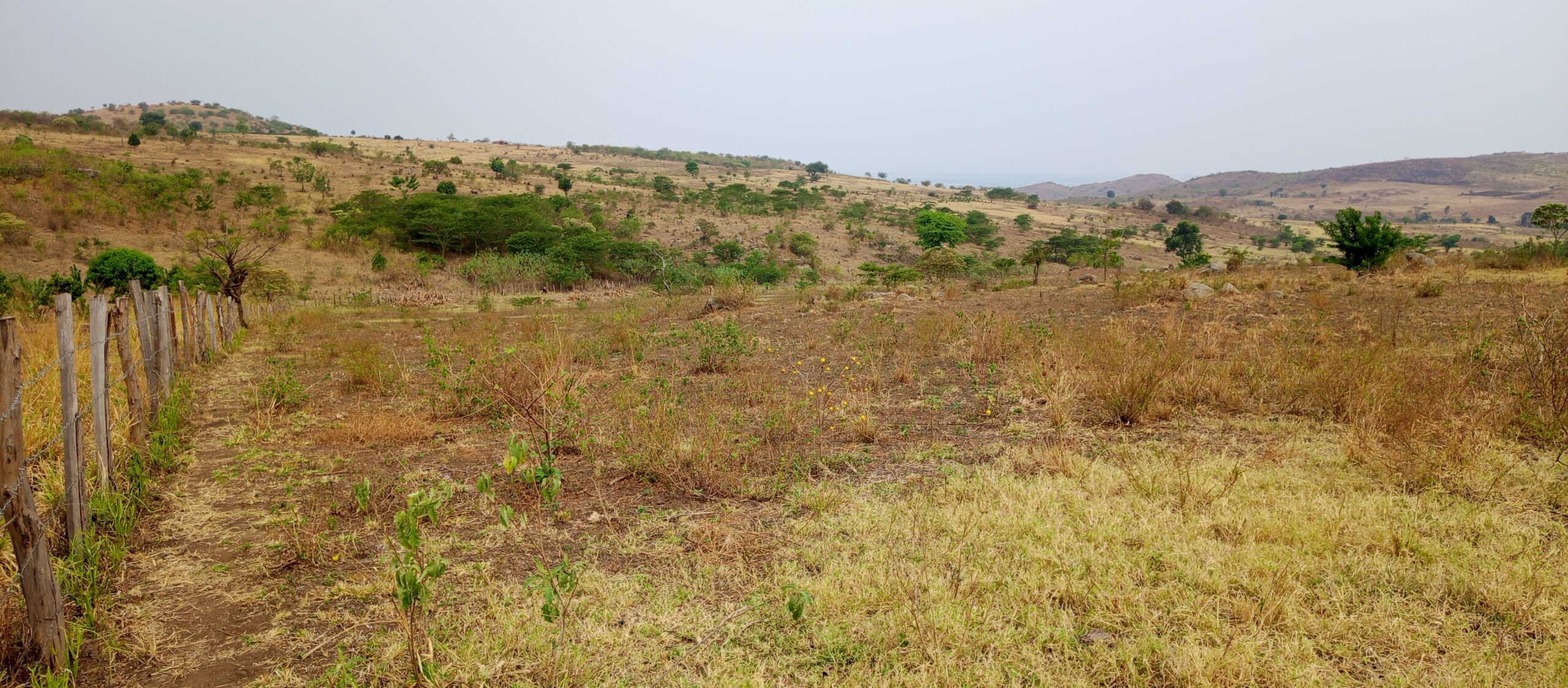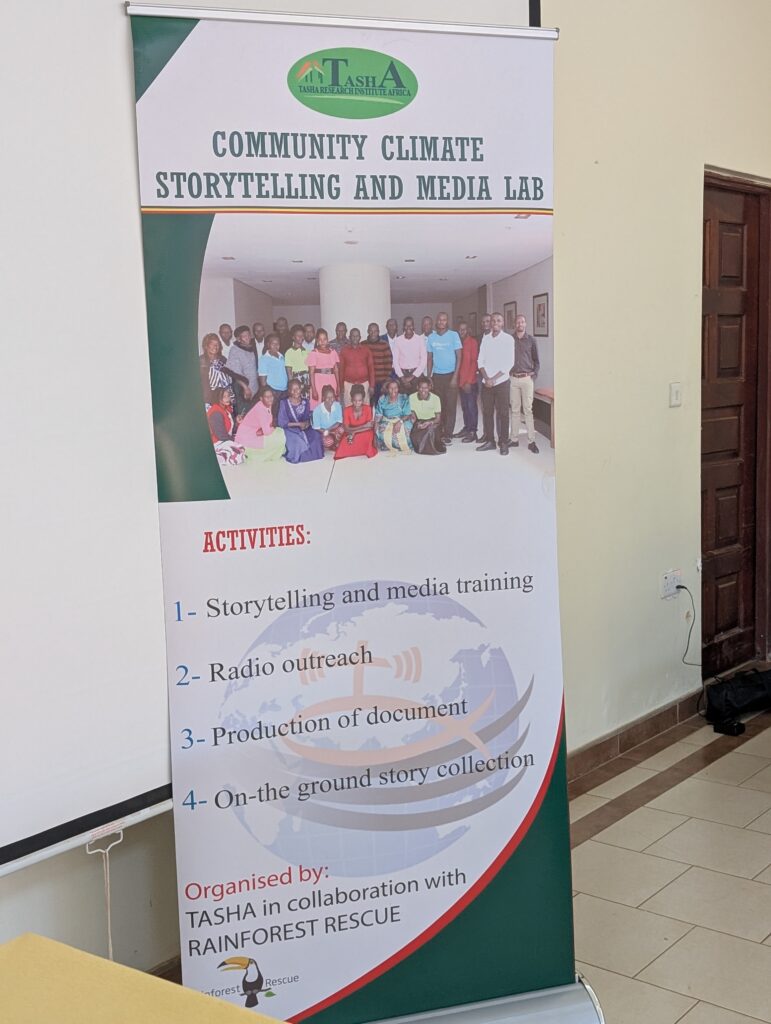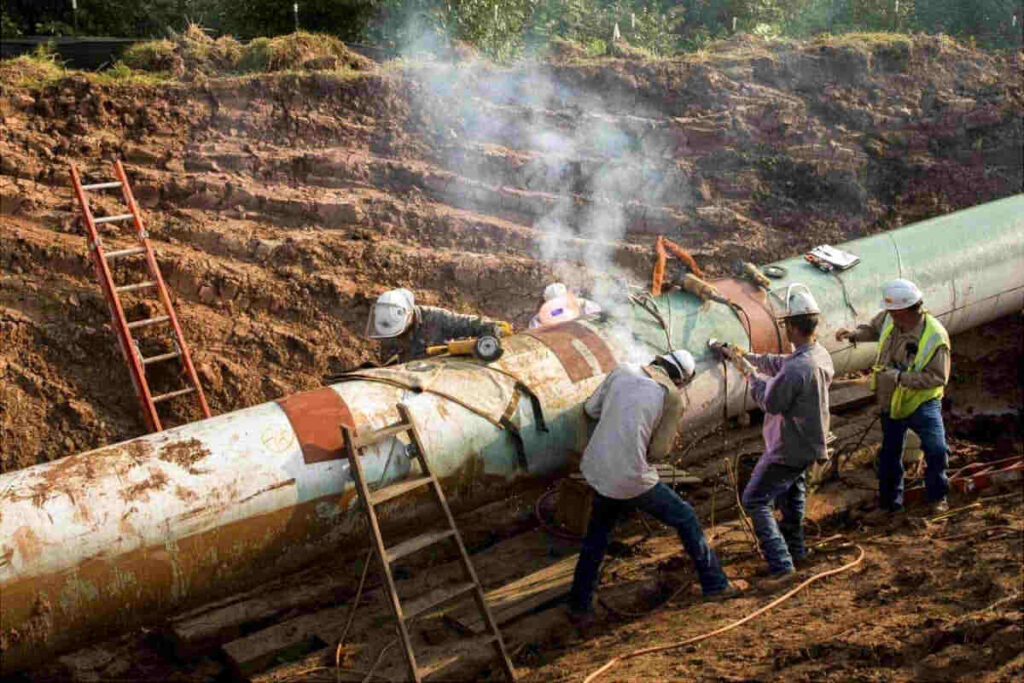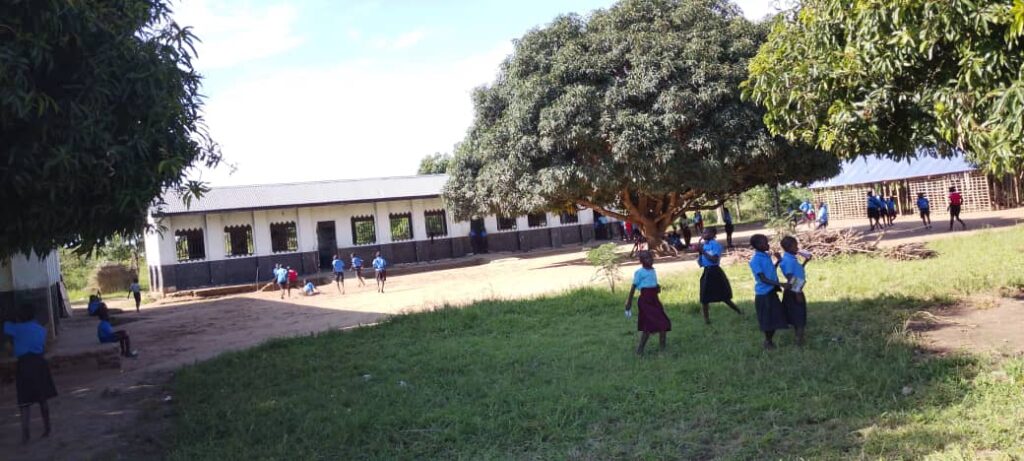In Kikuube, as in much of the Albertine region, the seasons no longer feel like seasons. What used to be predictable rains and cooling winds have given way to blistering heat and anxious waiting. The sky itself has changed, and so has the air. Locals are beginning to ask the question out loud: what is this oil development really costing us?
According to recent reports from our observers on the ground, the rapid expansion of oil construction in the region is leaving more than just pipelines and dust in its wake—it’s reshaping the climate. The forests that once shielded communities, the swamps that regulated water, the trees that cooled the earth—all are giving way to machines, roads, chemicals, and corporate ambition. Where there was once green, now there is gray. Where there was rhythm, now there is rupture.
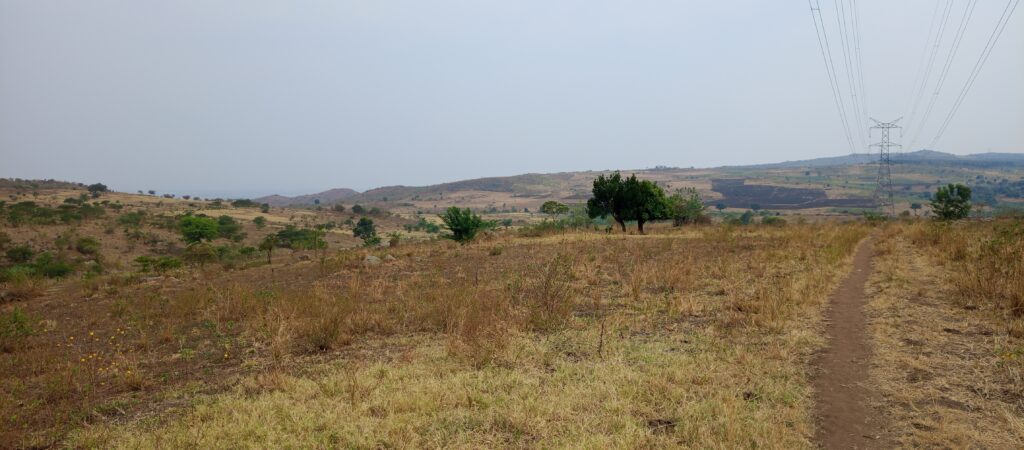
Community members, many of them farmers, are feeling the heat—literally. Crops are struggling. Water is harder to find. And still, the companies move forward with their grand promises, with little effort to educate or prepare the people for the environmental changes they are triggering.
No serious efforts at mitigation. No climate adaptation plans made public. No compensation for the ecological collapse quietly unfolding. Instead, the companies press on, draped in silence and shielded by government approvals. They tell us they bring “development.” But for many, what they have brought is an unlivable heat and a terrifying uncertainty.
In a region that feeds much of the nation, this ecological shift is not a small matter—it’s a national emergency. Yet the communities most affected are the least informed, the least protected, and the least heard.
There is an urgent need—not tomorrow, but now—for widespread climate awareness in oil-affected communities. People need to know why the heat is growing more intense. They need to understand how industrial development connects to failed rains and failed harvests. They need tools and support to adapt, and they need it from those causing the destruction.
This isn’t about politics—it’s about survival.
As planting seasons approach, residents must be supported in planting indigenous trees, restoring soil, and reclaiming their environment. Climate justice is not a distant theory—it is a demand for action, from those who have profited the most, to repair what they are breaking.
But oil companies don’t talk about the heat. They don’t explain the cracked earth or failed crops. They don’t walk into communities to speak of rising temperatures or disappearing forests. Instead, they build—and leave the rest to burn.
In Kikuube and beyond, the call for climate justice is not a plea. It is a fight for a future where people can still breathe clean air, drink safe water, and grow food from the land that raised them.
If that future is to exist, the extractive model must be questioned—and those responsible must be held accountable.

